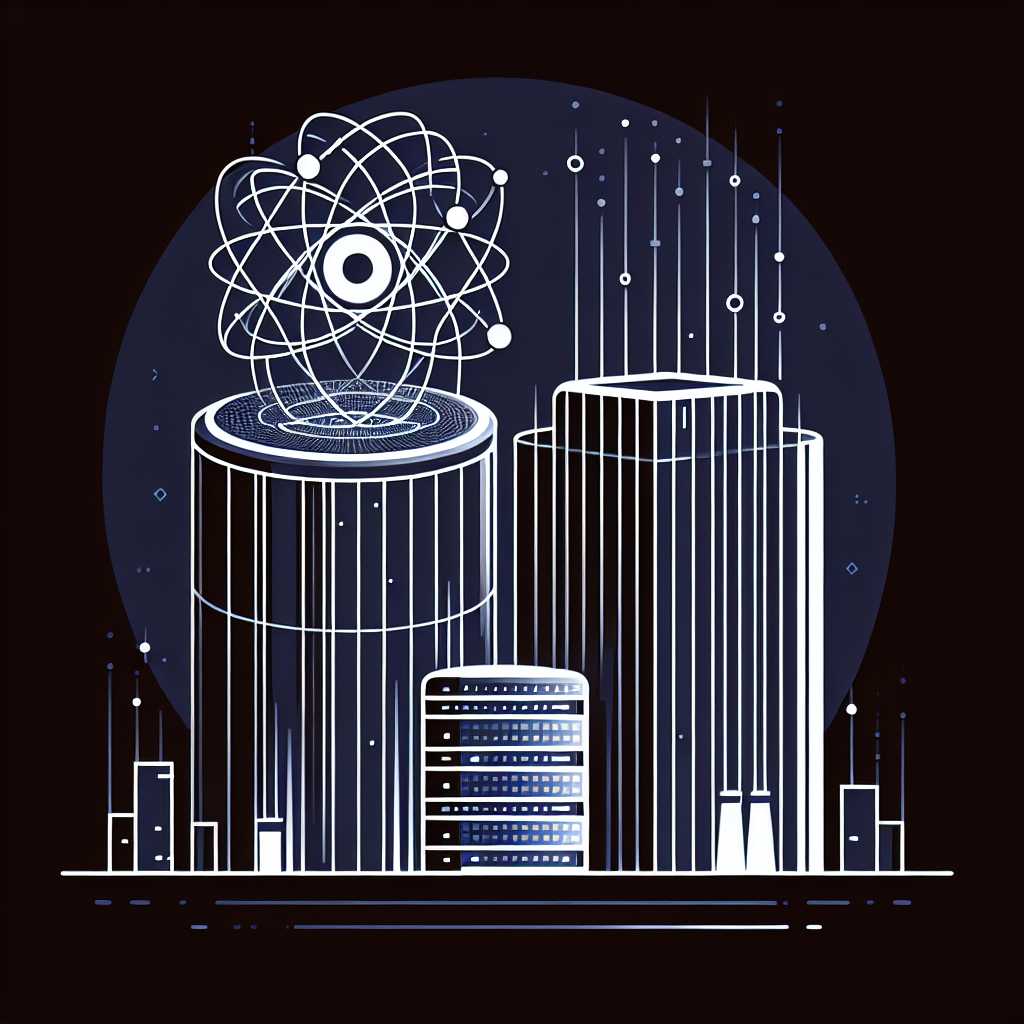Google Taps Into Nuclear Power for AI Data Centers

Introduction to Google's Strategic Move
In a significant technological leap, Google has formalized an agreement with Kairos Power to harness small nuclear reactors for its energy-intensive AI data centers. The tech giant plans to bring the first reactor online by this decade, with more expected to roll out by 2035.
Powering AI with Clean Energy
As AI technologies demand more electricity to function efficiently, technology firms like Google are increasingly exploring nuclear energy. This renewable energy source not only promises the capacity to meet the massive energy demands but also aligns with global decarbonization goals. According to Michael Terrell, Google’s senior director for energy and climate, this move will unlock the full potential of AI by providing clean and reliable power.
Navigating Regulatory Landscapes
Before these ambitious plans can take shape, they must receive the green light from the U.S. Nuclear Regulatory Commission, along with specific local agency approvals. This regulatory process ensures the safe and effective implementation of nuclear technology within civilian enterprises. Last year, Kairos Power successfully obtained a permit, breaking a 50-year hiatus for new nuclear projects in the U.S.
Kairos Power's Innovations
Kairos Power specializes in crafting advanced reactors that use molten fluoride salt as a coolant, diverging from traditional water-based cooling systems. This innovative approach not only enhances safety but also improves efficiency, positioning nuclear power as a favorable option for continuous and carbon-free electricity.
Global Energy Implications
With global energy consumption by data centers projected to double by 2030, nuclear energy presents a viable solution to sustain this exponential growth while minimizing carbon footprints. The strategic use of nuclear power aligns with international efforts to transition away from fossil fuels, as underscored by the UN Climate Change Conference and initiatives by other tech heavyweights like Microsoft and Amazon.
Challenges and Criticisms
Despite its potential, nuclear energy is not without challenges. It remains a controversial choice, primarily due to safety concerns and the enduring issue of radioactive waste management. However, proponents argue that the benefits, including consistent energy output and reduced emissions, outweigh these concerns.
Conclusion
Google's initiative to employ nuclear reactors marks a pivotal shift in how tech companies address energy needs. By investing in nuclear technology, Google sets a precedent in marrying technological advancement with environmentally responsible practices. As this development unfolds, it will be crucial to monitor the balance between innovation, regulatory adherence, and environmental sustainability.



Comments ()